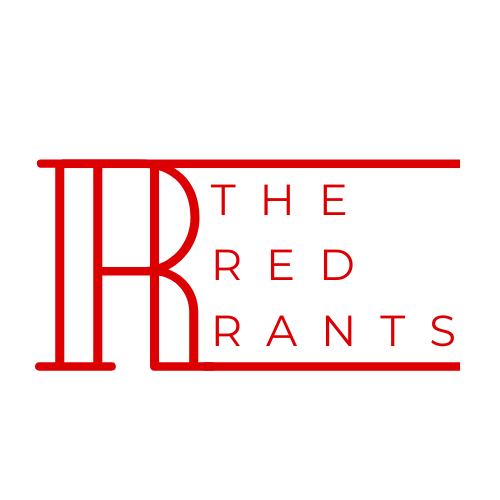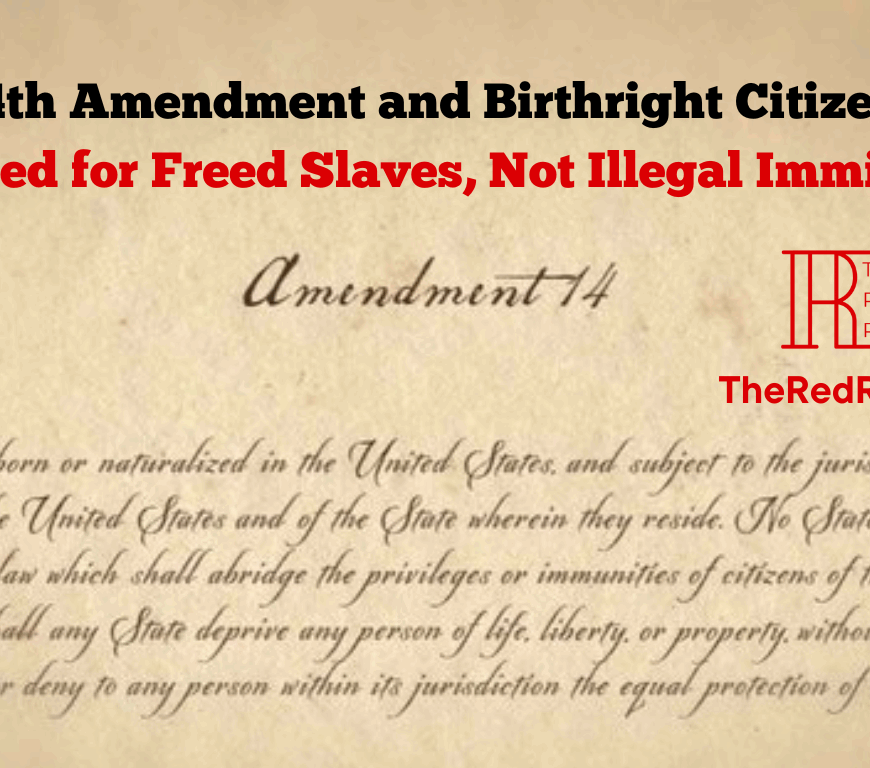On May 8, 2025, white smoke billowed from the chimney of the Sistine Chapel, signaling the election of Cardinal Robert Francis Prevost as the 267th pope, taking the name Leo XIV. This historic moment marks the first time an American has been chosen to lead the Roman Catholic Church, a decision that carries profound implications for the Church’s 1.4 billion followers and its role in a rapidly changing world.
Who Is Pope Leo XIV?
Born in Chicago in 1955, Robert Prevost, 69, brings a unique background to the papacy. A missionary who spent much of his career in Peru, Prevost is known for his pastoral work and administrative acumen. As head of the Vatican’s Dicastery for Bishops, he played a key role in shaping the Church’s leadership under Pope Francis. His multicultural roots—Italian, French, and Spanish—and his experience in Latin America give him a global perspective, earning him the moniker “the least American of the Americans” among Vatican observers.
Prevost’s choice of the name Leo XIV invokes the legacy of Pope Leo XIII (1878–1903), known for his commitment to social justice and engagement with the modern world. This choice suggests an intent to balance tradition with reform, addressing contemporary challenges while grounding the Church in its spiritual mission.
The Conclave of 2025: A Historic and Diverse Gathering
The 2025 conclave was the largest in history, with 133 cardinal electors from 70 countries, reflecting Pope Francis’ efforts to diversify the College of Cardinals. Unlike previous conclaves, non-European cardinals—over 20 from Asia and 18 from Africa—outnumbered their European counterparts, highlighting the Church’s shifting demographic center toward the Global South.
The conclave began on May 7, following Francis’ death on April 21, 2025. After three inconclusive votes signaled by black smoke, the fourth vote on May 8 produced the white smoke that announced Prevost’s election. The secrecy of the process, coupled with the diversity of the electors, made this one of the most unpredictable conclaves in modern history.
What Does Pope Leo XIV’s Election Mean?
1. A Bridge Between Continents
Prevost’s election as the first American pope breaks a 2,000-year tradition of predominantly European leadership. His extensive work in Peru and familiarity with Latin American Catholicism position him to strengthen ties between the Church in the Americas and the Vatican. With over 40% of Catholics living in Latin America, his background resonates with a significant portion of the faithful.
2. Continuity with Francis’ Legacy
Pope Francis, who appointed 108 of the 133 voting cardinals, left a progressive mark on the Church, emphasizing inclusivity, environmental stewardship, and outreach to marginalized groups. Prevost, a moderate known for his “solid judgment and capacity to listen,” is likely to continue these priorities, though with a more measured approach. His diplomatic experience in Peru and Vatican roles suggests a focus on unity amid the Church’s ideological divisions.
3. Navigating Global Challenges
Leo XIV inherits a Church facing complex issues: declining membership in the West, growth in Africa and Asia, and ongoing debates over social issues like same-sex blessings and women’s roles. His diplomatic skills will be tested in addressing geopolitical tensions, such as the Vatican’s strained relations with China over bishop appointments. Prevost’s ability to engage with world leaders—described as someone who can “hold his own” against figures like Xi Jinping or Donald Trump—will be crucial.
4. A Call for Spiritual Renewal
Cardinal Giovanni Battista Re, in his homily before the conclave, emphasized the need for a pope to “strengthen faith in God” in a world marked by technological progress and spiritual drift. Prevost’s missionary roots and focus on pastoral care align with this call, suggesting a papacy that prioritizes evangelization and spiritual outreach.
5. Addressing Internal Divisions
The conclave revealed tensions between traditionalists and reformers. While candidates like Cardinals Pietro Parolin and Luis Antonio Tagle were seen as frontrunners, Prevost emerged as a compromise candidate, appealing to both camps. His moderate stance may help bridge divides, but he will need to address conservative concerns, particularly from African cardinals skeptical of Francis’ reforms, and progressive demands for greater inclusivity.
Challenges Ahead
Pope Leo XIV faces immediate challenges:
- Clerical Abuse Crisis: Survivors’ groups have called for a zero-tolerance policy on abuse, a lingering issue that demands decisive action.
- Global South Representation: With Africa and Asia as the Church’s growth centers, Leo XIV must amplify their voices while maintaining unity.
- Cultural Shifts: Balancing traditional teachings with modern expectations on issues like gender and sexuality will test his leadership.
Looking Forward
As Pope Leo XIV stepped onto the balcony of St. Peter’s Basilica on May 8, 2025, to deliver his first Urbi et Orbi blessing, the world watched a Church at a crossroads. His election signals a continuation of Francis’ global outreach but with a distinctly American perspective, grounded in missionary zeal and administrative experience. Whether Leo XIV can unite a divided Church and inspire a new generation of Catholics remains to be seen, but his papacy begins with a historic mandate to lead in an era of unprecedented change.
Let us know your thoughts.




Add Comment